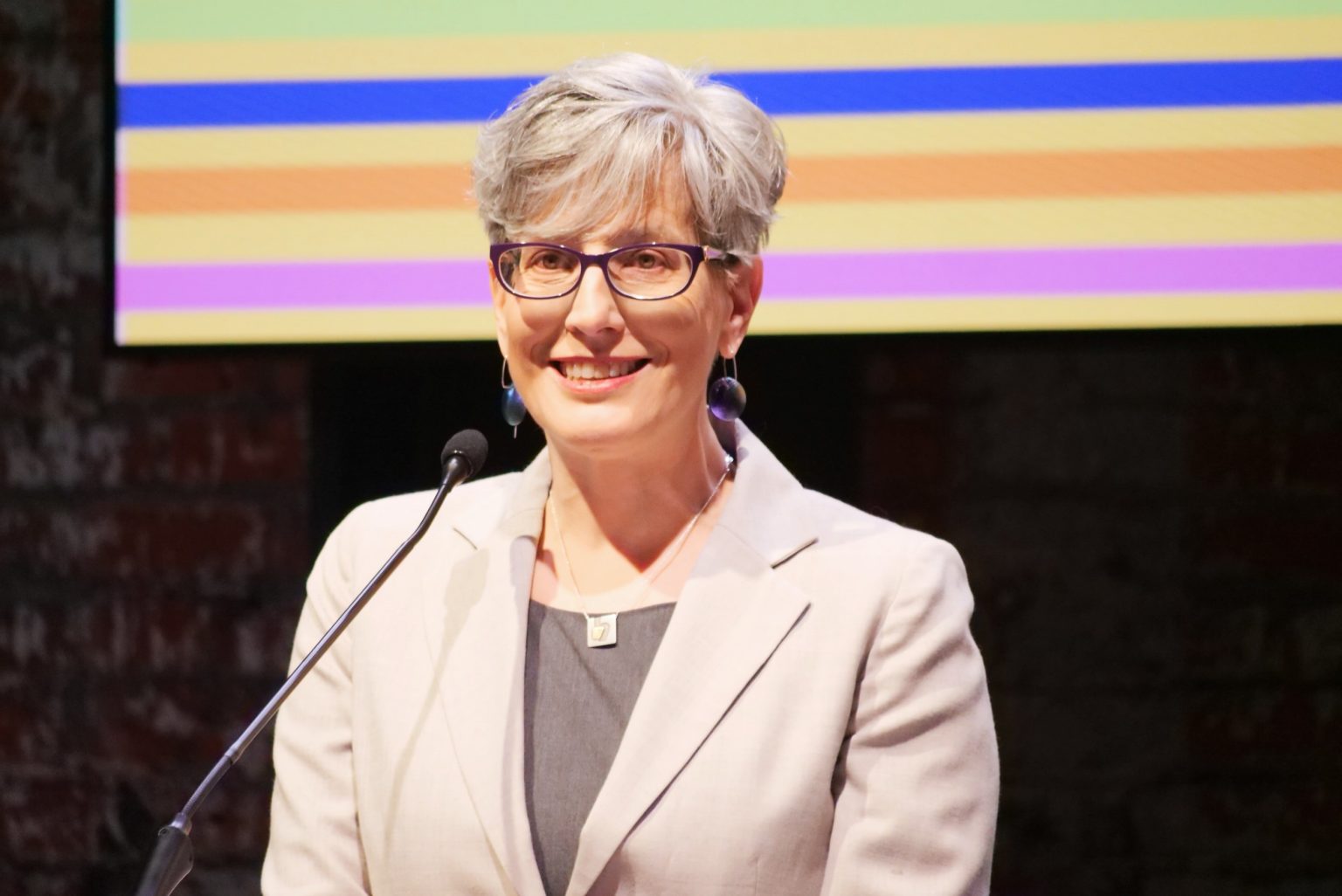The Technology Alliance was founded over 25 years ago with the goal of positioning Washington state as a hub of the tech economy. Back then, the state’s economy was built on industries like agriculture and manufacturing, and the idea of a tech-based economy was not as widely accepted as it is today. The founders of the Alliance recognized that a successful tech economy required an educated workforce, research capacity, and a strong entrepreneurial climate, which would necessitate collaboration between elected officials, research institutions, and the business community. As a result, the Technology Alliance was created to foster the creation of a 21st century economy that would benefit all Washingtonians by integrating the business, education, and civic sectors in a shared agenda.
Over the last 25 years, the Technology Alliance has made progress in cultivating a skilled and adaptable workforce, increasing innovation capacity, and strengthening the entrepreneurial climate. However, there are still those who question the value of an innovation-based economy and the need for public investment to support it. The Alliance’s mission today is to forge connections among the private sector, government, and education communities to continue cultivating a skilled and adaptable workforce, increasing innovation capacity, and strengthening the entrepreneurial climate. The language used has also evolved to focus on an innovation-based economy rather than a tech-based economy, as Washington state is home to a diverse range of innovative sectors beyond just information and computing technology.
One of the key elements of an innovation-based economy is a skilled and adaptable workforce. However, Washington state ranks poorly in terms of the percentage of high schoolers who go on to pursue post-secondary education. There is a disconnect between students’ aspirations and educators’ perceptions of those aspirations, leading to a lower number of students pursuing further education than desired. Additionally, there is a fundamental misunderstanding about the cost of college and the burden of debt, which can deter students from pursuing higher education. Efforts are being made by the state Legislature and higher education institutions to address these issues, but more work needs to be done to guide students towards their post-secondary pathways.
To address the lack of students pursuing post-secondary education, the Technology Alliance calls for more adults in schools to help students discover their options and navigate the process. They also advocate for programs like Guaranteed Admission and the Washington College Grant, which provide opportunities for students to pursue education regardless of income or age. These initiatives aim to make education more accessible and affordable for all individuals looking to further their education or change careers. By spreading awareness about these programs, it is hoped that they can make a positive impact and encourage more students to pursue post-secondary education opportunities.
In conclusion, the Technology Alliance continues to work towards cultivating a skilled and adaptable workforce, increasing innovation capacity, and strengthening the entrepreneurial climate in Washington state. By fostering collaboration between the private sector, government, and education communities, the Alliance strives to create a thriving 21st century economy that benefits all Washingtonians. Initiatives like Guaranteed Admission and the Washington College Grant aim to make education more accessible and affordable for individuals of all ages and backgrounds, ultimately contributing to the growth and success of the innovation-based economy in the state.


